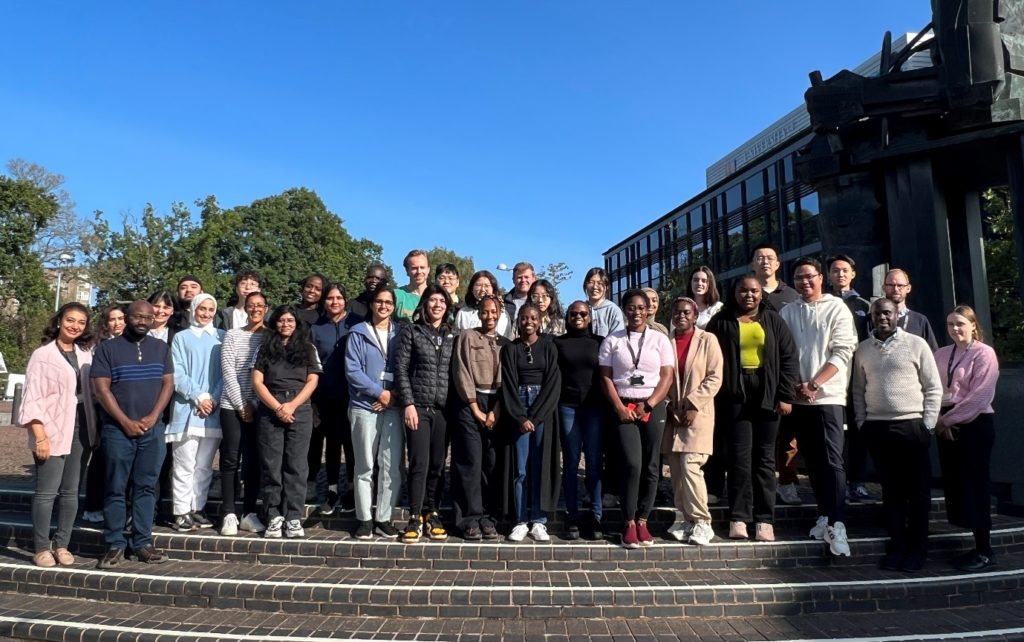Health systems worldwide face fundamental challenges of resource scarcity and are therefore unable to meet the unlimited population healthcare needs. Health economics plays a crucial role in optimising the use of these limited resources and service delivery to maximise health outcomes. However, there is a significant shortage of trained and skilled health economists nationally and internationally. Expanding the workforce in health economics is essential to effectively manage resource allocation and improve global health systems.
The Health Economics Unit at the University of Birmingham established the MSc in Health Economics and Health Policy in 1998 to build health economics and health policy capacity and skills nationally and internationally.

The aim of this programme is to equip students with advanced technical skills and theoretical knowledge in health economics and health policy, preparing them to work as professional health economists and policy analysts equipped to analyse and address complex national and global health issues. In 2014, a second programme, the MSc in Health Economics and Econometrics, was introduced. This programme offers an in-depth exploration of health economics alongside advanced econometric techniques, focusing on their application to critical economic and policy challenges in healthcare. It provides a specialised pathway in econometrics within the broader field of health economics, underpinned by strong foundations in microeconomic theory.
The MSc programmes are taught by research-active and experienced staff who integrate aspects of their ongoing research into teaching. Each year, the MSc programmes train between 25 and 30 students, contributing to the growing pool of qualified Health Economists and Policy Analysts. The programmes have attracted students nationally and internationally and from a wide range of disciplines and professional backgrounds. With alumni from over 50 countries, graduates have gone on to work in diverse sectors both in the UK and internationally. This includes roles in academia, consultancy services, decision-making bodies such as NICE, International organisations like the World Health Organisation, national and local governments, healthcare organisations, global pharmaceutical companies, as well as not-for-profit organisations. The work produced by graduates has also helped shape policy in various countries. The MSc programmes in the University of Birmingham continue to adapt with the global health system demands to build capacity in health economics and policy analysis and health services research with the overarching goal of creating effective health systems and improved health outcomes globally.
